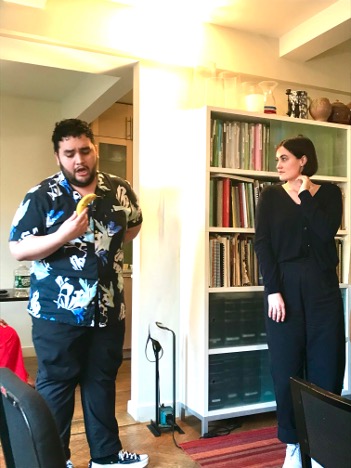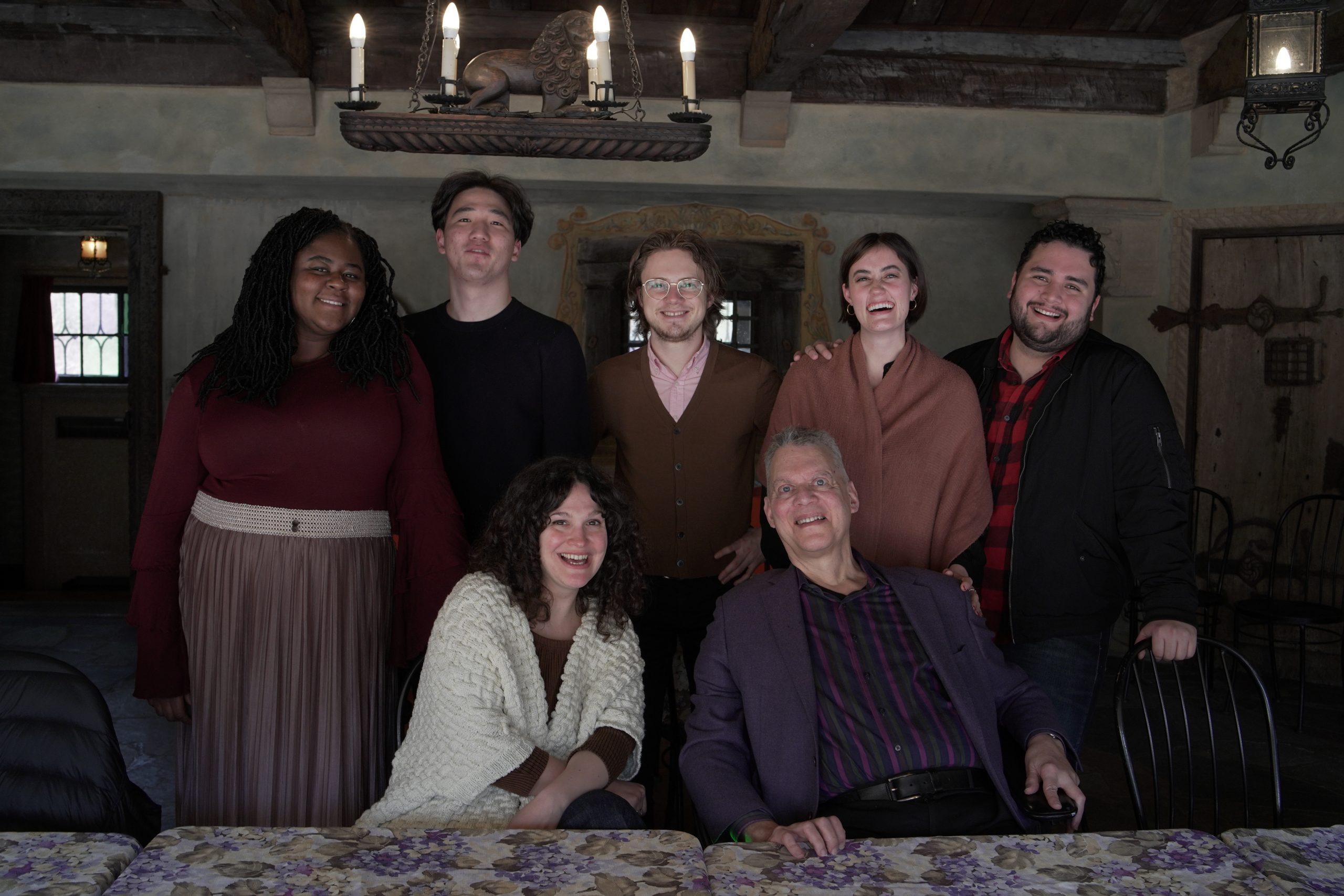I asked Francesco to dig around and he came up with a composer—Reinhold Glière, a native of Kiev—who wrote a beautiful two-piano “Valse triste” that broke our hearts. But wait…Glière studied in Moscow, and is known as a Soviet composer, not a Ukrainian. Would that mean he’s off-limits? We didn’t want to step in any unforeseen geo-political dog-doo.
We had to ask someone, but who? Ah! Gina Levinson, the Russian coach at Juilliard! She’d be our litmus test. She knows Russian history and she is not shy about her opinions. I reached her after dinner on Thursday and explained the issue.
The three-minute waltz comes at the top of the show, replacing the exuberant Dvorak “Slavonic Dance #1.” Glière’s graceful sadness speaks to the moment so much better, functioning like a prayer for peace, a prayer for the refugees, and most of all a prayer for those who have stayed behind to fight.
I’m so grateful to Francesco for finding it. It won’t end the war, but it is cathartic, a lightning rod for our feelings.
Two hours later we got to the zarzuela duet in the run-through. We realized that we did not have a flower for Mer to throw at César’s feet—it’s a crucial prop in the song. Natalie handed Mer a banana to use instead, which she carefully laid on the floor near César at the appropriate moment. César, of course, bent over, smelled it, pressed it to his heart, and almost succeeded in keeping a straight face.
We have a show.




0 Comments